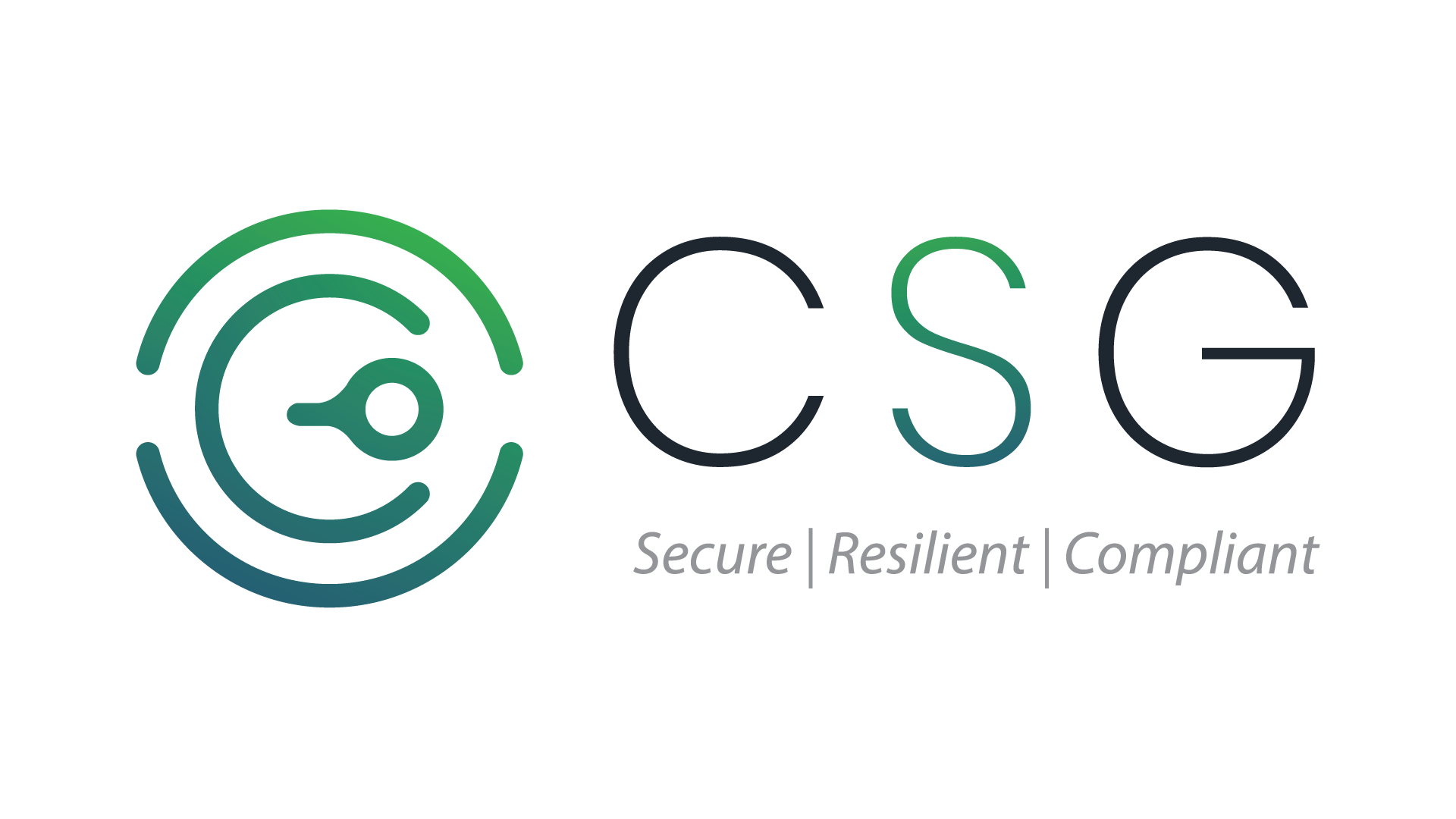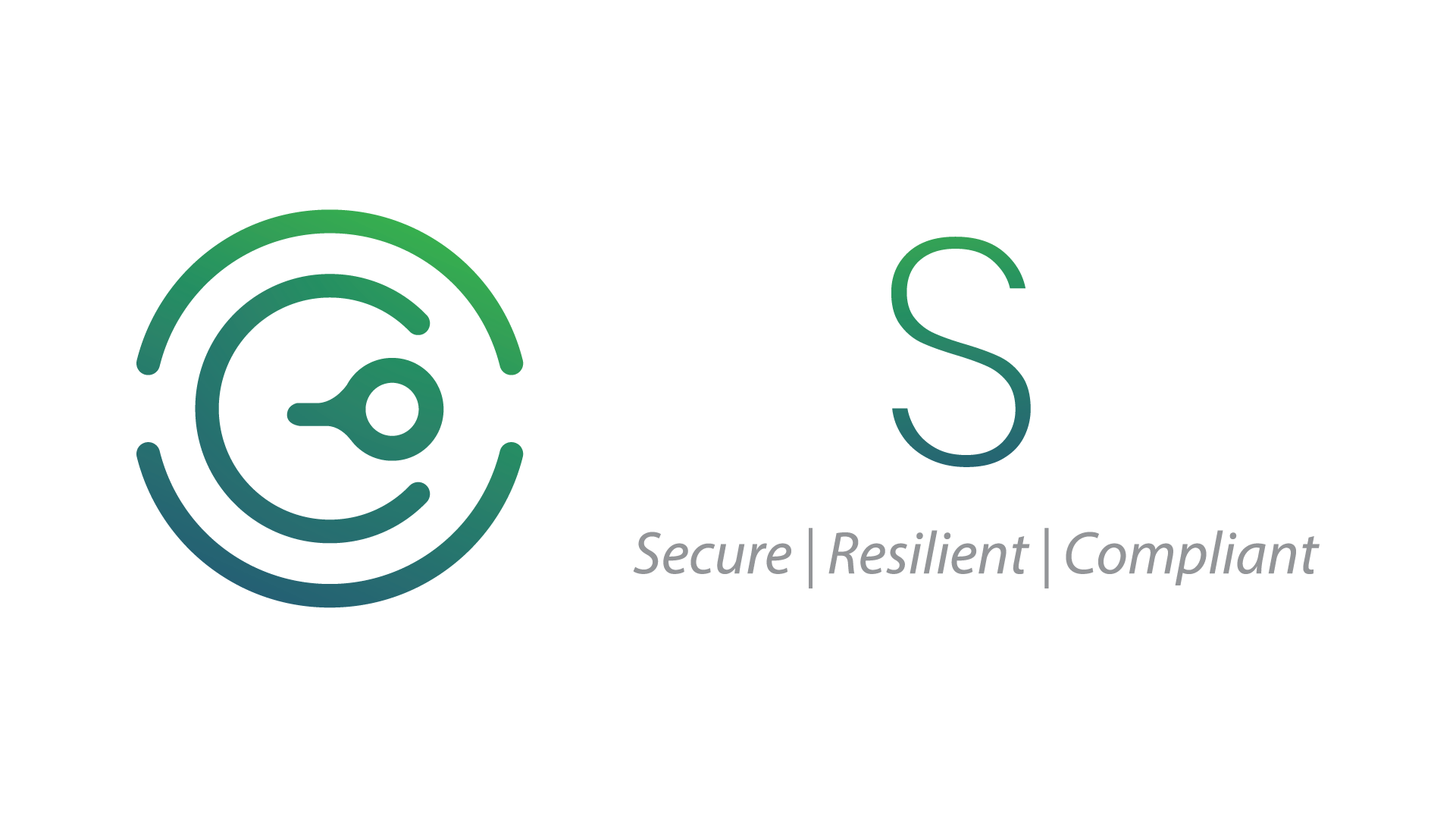
How Saudi Businesses Can Prepare for Cyber Attacks in 2025
As Saudi Arabia accelerates toward Vision 2030 — with initiatives like NEOM, digital banking, and smart infrastructure — the need for cyber resilience has become paramount. In 2025, cyber attacks are no longer hypothetical; they are inevitable. Whether it’s ransomware, DDoS, or phishing, Saudi organizations must be proactive, not reactive.
This blog outlines the cyber threat landscape in KSA and offers a strategic roadmap for businesses to protect themselves from cyber attacks in 2025 and beyond.
2. The Rising Threat Landscape in Saudi Arabia
Saudi Arabia has been at the center of several high-profile cyber attacks in recent years, including the Shamoon virus targeting the oil and gas sector. In today’s landscape, the threats have expanded to include:
- Advanced Persistent Threats (APTs) from state actors
- Financial fraud and ransomware targeting fintech and banks
- Supply chain attacks in construction and manufacturing sectors
- Attacks on public infrastructure and smart city projects
With growing digitization comes a wider attack surface — and attackers are evolving just as fast.
3. Common Types of Cyber Attacks in KSA
- Ransomware & Data Leaks
Cyber gangs are targeting both SMEs and large corporations, especially those with sensitive data and financial records. - Business Email Compromise (BEC)
Hackers spoof email addresses of executives to trick finance teams into sending unauthorized transfers. - Phishing & Social Engineering
Fake messages from local banks, ministries, or telecoms are commonly used to harvest credentials. - Insider Attacks
Disgruntled employees or negligent contractors continue to be a hidden source of data leaks. - DDoS Attacks
Web services and mobile apps of financial and government institutions are frequently hit to disrupt operations.
4. Cybersecurity Frameworks & Regulations in Saudi Arabia
Saudi Arabia has introduced several mandatory compliance frameworks that businesses must align with, including:
- National Cybersecurity Authority (NCA)
The NCA has issued various guidelines for cybersecurity governance, risk management, and incident response. All critical national infrastructure (CNI) entities must comply. - SAMA Cybersecurity Framework
Mandatory for all financial institutions regulated by the Saudi Arabian Monetary Authority (SAMA), this framework requires strict controls, regular audits, and reporting procedures. - PDPL (Personal Data Protection Law)
Came into effect in 2023, Saudi’s PDPL regulates the collection, processing, and storage of personal data. Non-compliance can result in fines and data handling bans. - ISO/IEC 27001 Certification
Strongly recommended for organizations seeking international credibility and robust infosec management.
5. Preparing for Cyber Attacks: A Roadmap for 2025
To build resilience, Saudi businesses should focus on five key areas:
1. Governance and Policy Setup
- Establish a formal cybersecurity policy aligned with NCA and SAMA guidelines.
- Appoint a Chief Information Security Officer (CISO) or virtual CISO.
- Create an incident response plan and conduct regular tabletop exercises.
2. Technology Controls
- Deploy next-gen firewalls, anti-malware, and intrusion prevention systems (IPS).
- Implement encryption for data at rest and in transit.
- Set up real-time monitoring tools and SIEM systems for threat detection.
3. Employee Awareness & Training
- Conduct quarterly awareness programs and phishing simulations.
- Train staff on handling sensitive data and reporting incidents.
- Role-based training for executives, finance teams, and IT admins.
4. Third-Party Risk Management
- Assess cybersecurity posture of vendors and partners.
- Include security clauses in contracts and conduct regular audits.
- Monitor access control for all external stakeholders.
5. Testing and Resilience Drills
- Conduct periodic penetration testing and vulnerability assessments.
- Run disaster recovery drills and data restoration testing.
- Ensure business continuity planning (BCP) covers cyber contingencies.
6. Real-World Use Case: Banking Sector
A leading bank in Riyadh implemented a layered security model with continuous monitoring and was able to detect a coordinated phishing attack in minutes. Their response prevented unauthorized access to over 2000 customer accounts.
7. How Centre Systems Group Can Help
Centre Systems Group specializes in cybersecurity advisory and compliance consulting tailored for Saudi enterprises.
✅ Our services include:
- End-to-end NCA & SAMA compliance support
- Cyber risk assessments and policy development
- Penetration testing and SOC setup
- Employee cybersecurity training programs
- Managed detection and response (MDR)
Our experts work closely with internal teams to ensure regulatory alignment, proactive protection, and long-term resilience.
Cybersecurity readiness is no longer a luxury for Saudi businesses — it’s a necessity. As digital transformation accelerates, so do the threats. Companies that act now to build a strong cybersecurity posture will not only comply with laws but also earn greater trust from clients, regulators, and partners.
At Centre Systems Group, we’re helping Saudi organizations across finance, healthcare, logistics, and construction secure their operations with world-class, locally compliant cybersecurity solutions.
📞 Get in touch today for a cybersecurity assessment tailored to your sector.
Frequently Asked Questions
Is cybersecurity compliance mandatory in Saudi Arabia?
Entities regulated by SAMA or classified under critical sectors must comply with NCA and related frameworks
What’s the biggest mistake businesses make?
Assuming that installing antivirus software alone is enough. Cybersecurity is a multi-layered strategy, not a one-time product.
How much does a cyber attack cost a business in KSA?
On average, the financial impact can exceed SAR 1.5 million — not including reputation loss or legal penalties.
Can startups afford enterprise-grade security?
Yes. With cloud-based security tools and managed services, even startups can adopt strong protection at affordable rates.



Leave a Reply